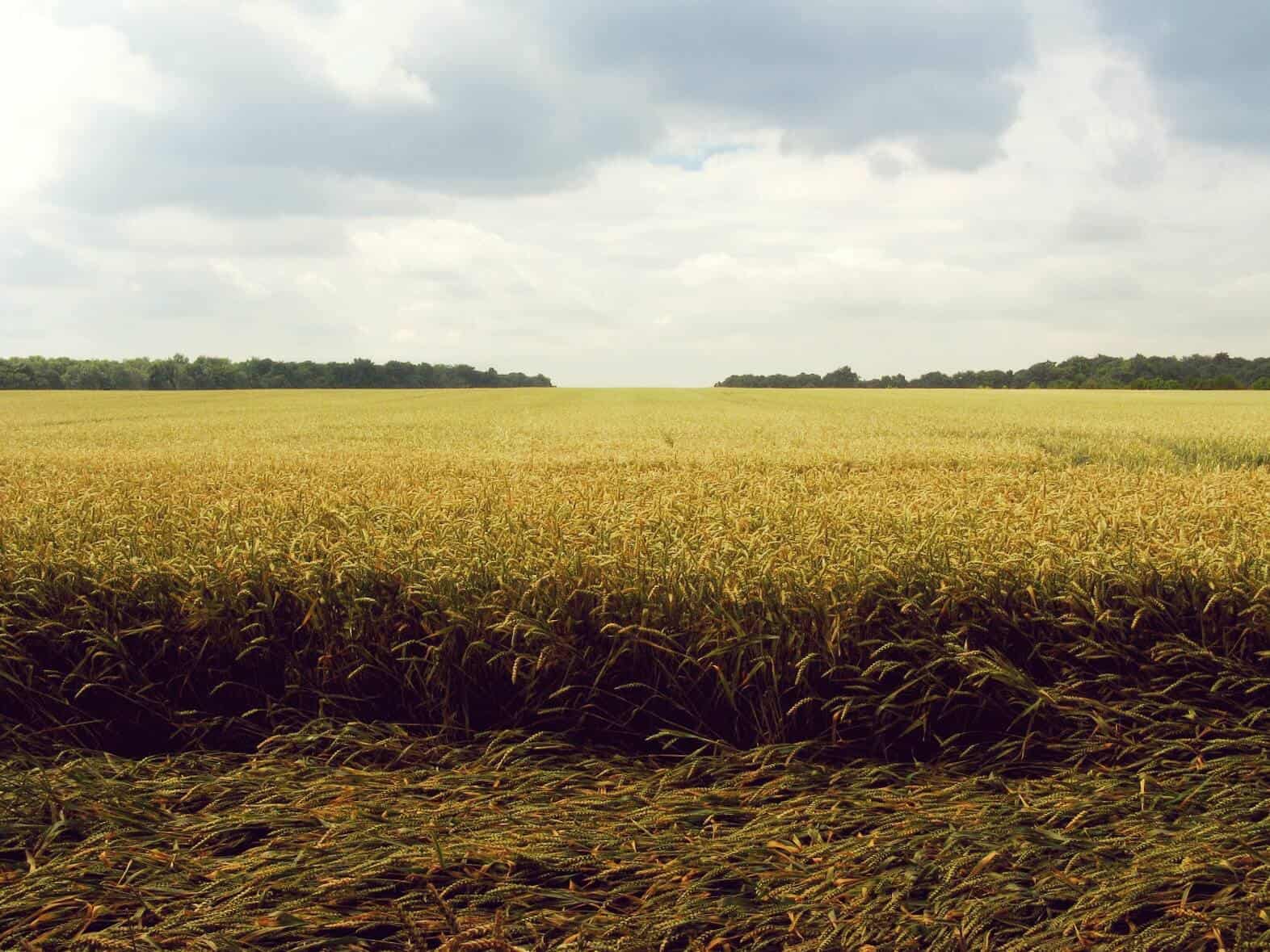Introduction
Farm sale prices are determined by a number of factors, two of which are the productivity (yield) and the rental income. If a farm is able to produce more bushels of corn or beans compared to the farm down the road from it, it is worth more when it comes time to sell. The same can be said about the rental income from a farm. If your farmer pays you a more competitive rent compared to farms in the area, the farm is worth more in a sale.
Michigan Average Corn Yield for 2021
Michigan has a productive and consistent yield with a statewide average of 164.94 bushels per acre. The average yield for the top 10 counties in Michigan is 192.37 bushels per acre.
| County | State | Year | Commodity | Average Value | |
|---|---|---|---|---|---|
| 1 | Huron | Michigan | 2021 | Corn | 213 |
| 2 | Sanilac | Michigan | 2021 | Corn | 212 |
| 3 | Tuscola | Michigan | 2021 | Corn | 205.3 |
| 4 | Monroe | Michigan | 2021 | Corn | 193.8 |
| 5 | Arenac | Michigan | 2021 | Corn | 187.8 |
| 6 | Bay | Michigan | 2021 | Corn | 187.8 |
| 7 | Lenawee | Michigan | 2021 | Corn | 184.1 |
| 8 | Midland | Michigan | 2021 | Corn | 182 |
| 9 | Hillsdale | Michigan | 2021 | Corn | 179.1 |
| 10 | Barry | Michigan | 2021 | Corn | 178.8 |
Michigan Average Cash Rent for 2021 – $85.93
Michigan has modest values for cash rent averages throughout the Midwest. The average cash rent earned throughout the state in 2021 was $85.93 an acre. Below is a chart of the highest average cash rents by county.
2021 Non-Irrigated Cash Rent County Leaderboards
| State | County | 2021 Avg. Cash Rent | |
|---|---|---|---|
| 1 | Michigan | Huron | $215 |
| 2 | Michigan | Gratiot | $162 |
| 3 | Michigan | Ionia | $162 |
| 4 | Michigan | Tuscola | $159 |
| 5 | Michigan | Monroe | $151 |
| 6 | Michigan | Lenawee | $149 |
| 7 | Michigan | Clinton | $146 |
| 8 | Michigan | Ingham | $136 |
| 9 | Michigan | Bay | $134 |
| 10 | Michigan | Van Buren | $134 |
The average cash rent of the top 10 cash rent earning counties in Michigan in 2021 was $154.80/acre. When landowners and farmers calculate cash rent, one common method is the Return on Investment (ROI) approach. In this method: Rent = Value of Land/Acre X ROI (~2.5% – 4%) Here is an example of the ROI method: Rent = $1,000,000/100 acre X 2.5% Rent = $10,000 X 2.5% (0.025) Rent = $250 per acre. What this means: If land has traditionally been under-rented compared to its potential yield productivity (bushels per acre) it can lower the overall value (price per acre) of a farm in the event of a sale. This is why it is crucial to track cash rent and evaluate it compared to the productivity of the farm and track soil testing and nutrient application.
Michigan Average Soil Productivity (PI) – 40.54 NCCPI
Michigan is agriculturally diverse due to the average quality of the soil in regards to productivity. There are a multitude of types of crops grown and livestock raised. The statewide average for soil productivity is 40.54. In all states (except Illinois, Iowa, and Minnesota) soil productivity ratings are determined by the overall NCCPI (National Commodity Crop Productivity Index) developed by the NRCS (Natural Resources Conservation Service) The average soil productivity in the top 10 most productive counties in Michigan is 58.6.
Here are the top 10 Counties by average soil in PI in Michigan:
| County | State | Crop Productivity Index | |
|---|---|---|---|
| 1 | St. Clair | Michigan | 62 |
| 2 | Sanilac | Michigan | 60 |
| 3 | Shiawassee | Michigan | 60 |
| 4 | Genesee | Michigan | 59 |
| 5 | Macomg | Michigan | 59 |
| 6 | Saginaw | Michigan | 58 |
| 7 | Hillsdale | Michigan | 57 |
| 8 | Ingham | Michigan | 57 |
| 9 | Lenawee | Michigan | 57 |
| 10 | Tuscola | Michigan | 57 |
Michigan Average Farm Sales – 2021 – $6,406.37/acre
As one might suspect, the counties with the highest average yields, cash rent, and soil productivity are usually the highest counties in the state for average sale prices for farmland*. All of these extremely important pieces of data about farmland go hand-in-hand. The average sale price for the top 10 counties in Wisconsin in 2021 was $6,406.37/acre. Below is a chart showing the top 10 counties for average sale prices offor farms for sale in Wisconsin in 2021.
*We’ve removed sales of residential and development property to the best of our ability to accurately portray the sale values of farmland throughout the state.
Farm Loans in Michigan
With all of this data about yield, cash rent, and soil the next step in one’s journey in farmland ownership and investment is, “how do I pay for it if it is such a valuable asset?”
Farm mortgages are very common when investing in farmland or expanding your operation. Unlike home mortgages, farm mortgages typically require 25%-35% of the purchase price of the farm as a down payment. This can also be represented as a Loan-to-Value ratio. Now, if you already own farmland with equity, you are able to pledge farmland as collateral for the new farm purchase which can lower the amount required for a down payment. If you are ready to purchase your next farm you can explore our farm mortgage rates here and get a decision in 15 minutes without ever having to go to the bank and fill out pages upon pages of paperwork for an approval.
Found the farmland you are interesting in purchasing?
Now find your loan partner that will make it a reality. Get approved in seconds with an all digital application from AFF, who will work with you to make sure you get the best rates possible.


